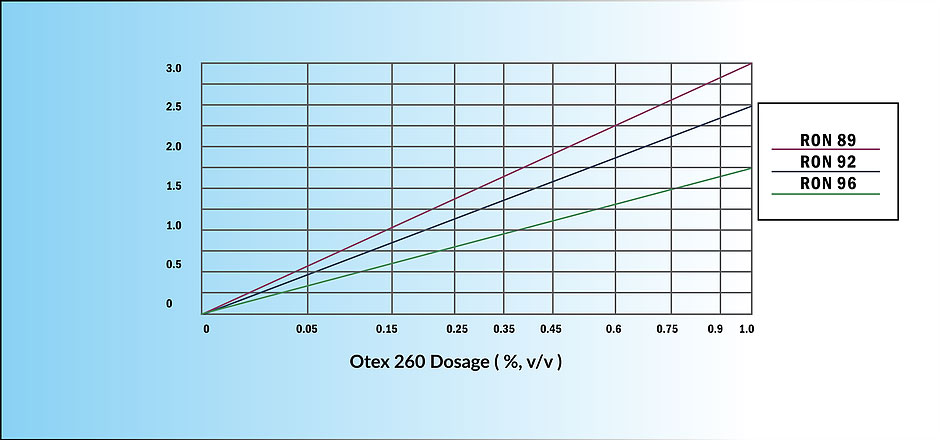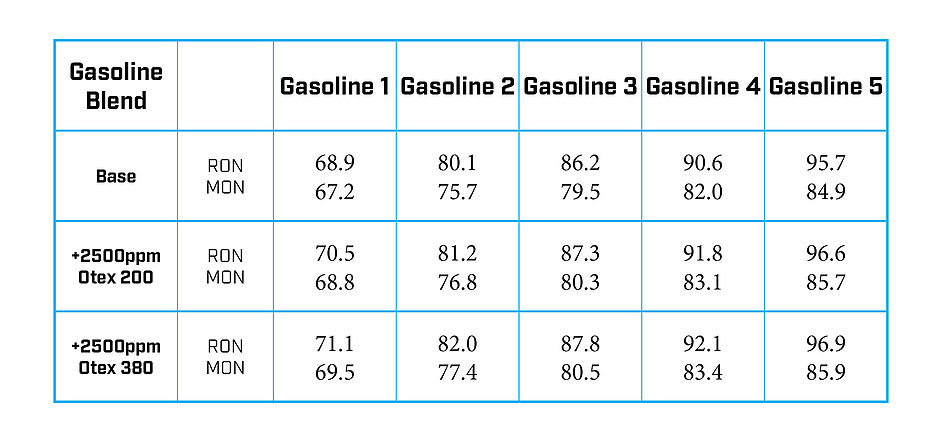#Fuel Additives ·2024-09-10
According to a recent analysis by MIT researchers, if the majority of light-duty vehicles in the United States ran on higher-octane gasoline, the automotive industry could reduce its carbon dioxide emissions by 35 million tons per year, saving up to $6 billion in fuel costs.
Market analysis also indicates that the octane number of commercial gasoline is at or below the lower limit of the acceptable range in many countries globally.
Since wider use of premium gas could offer fuel savings and environmental benefits, refineries have explored new processes and catalysts to enhance gasoline octane numbers. However, fully meeting consumer requirements remains a challenge. Additive solutions present a superior alternative and have garnered significant attention and appreciation from consumers.

The invention of Otex by Cestoil revolutionizes fuel additives with its organic octane booster, offering high performance, cost-effectiveness, ashless properties, and environmental friendliness, fully compatible with engines and fuel systems.

It is demonstrated that Otex significantly enhances both RON and MON. Even with a low dosage of 2500ppm, it can boost RON by up to 1.5 points, especially effective with lower RON gasoline.

The performance data of Otex260 on various gasoline types is illustrated. Note: Otex260 is the low pour point version of Otex200.

The recommended dosage range for Otex octane boosters is between 1000 and 2500ppm. Cestoil’s engineers will determine the optimal dosage based on gasoline status and user needs.
Otex can be added in concentrated form or in a stock solution using various systems. It is compatible with common fuel additives and engine/fuel system materials. Please adhere to safety instructions when handling chemical additives.
You can send us a general question inquiry here